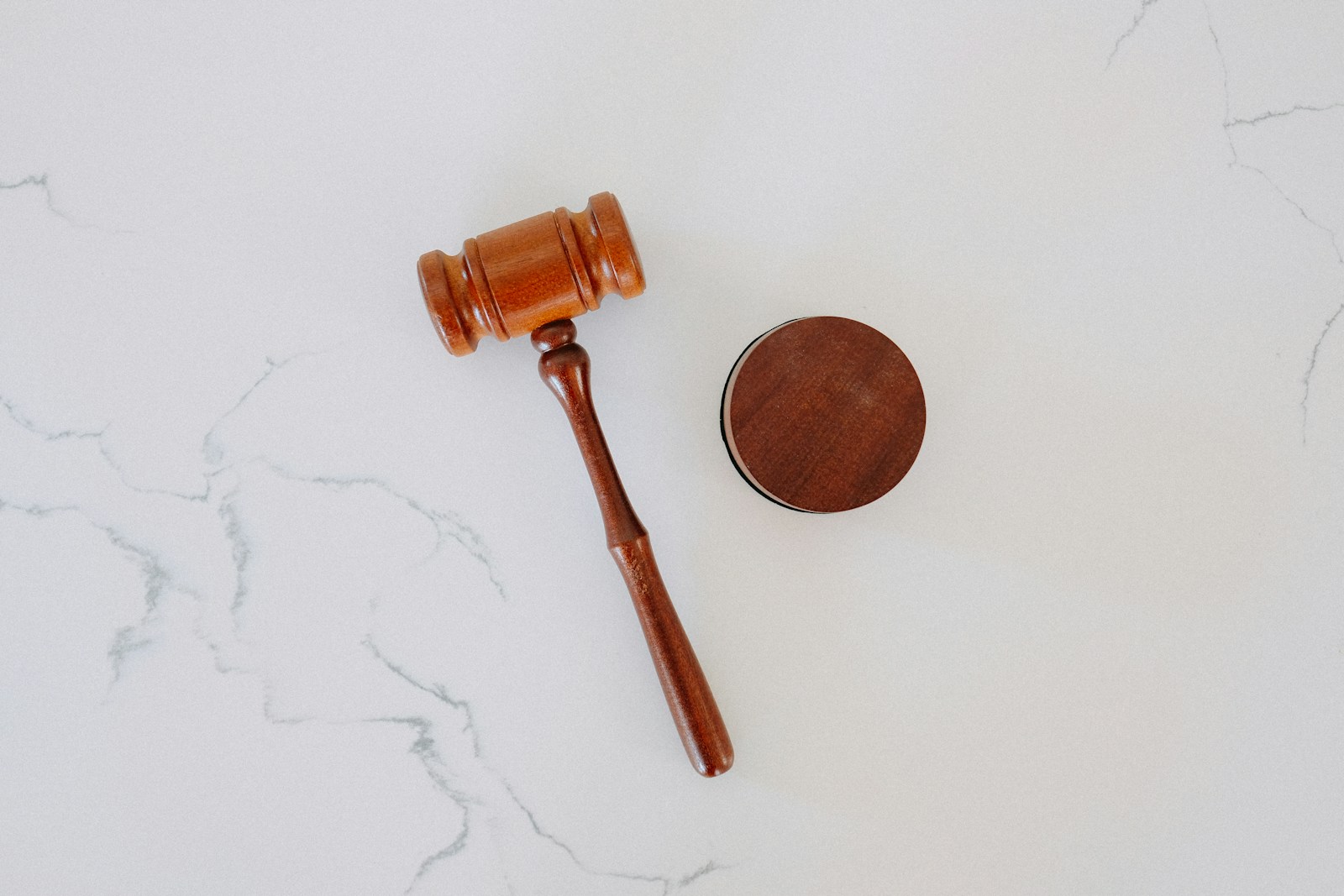When you suffer a personal injury where another party was at fault, you will likely be wondering how to move forward. Typically your options are going to be taking a settlement offer or taking your case to court. The most important thing in determining whether or not you should accept a settlement or go to court is the strength of your case. The person who can best advise you on the strength of your case is a qualified personal injury lawyer.

Steps of a Personal Injury Lawsuit
Should you decide to pursue a lawsuit, there will be several steps that you need to take along the way. One of the first things that you need to do after an accident is to consult with a personal injury lawyer. As explained by the attorneys from Temple Injury Law, a qualified lawyer will discuss all of your options with you so you can have a clear understanding of the process. Together you can come up with a plan of action, and your lawyer can represent you and your interests throughout the process.
There are three main stages in a personal injury lawsuit:
- Pre-litigation
- Litigation
- Trial
Before filing the lawsuit with the courts and at every stage of the process, up until a final verdict is reached, your lawyer will be in conversation with the lawyer(s) from the other side, trying to negotiate a fair settlement. In most cases, it is in everyone’s best interest to come to a settlement agreement. However, if your lawyer believes that your case is strong enough and that the settlement offer is unfair, they will advise you to take the case to court.
Pre-Litigation
The pre-litigation stage is everything that happens between hiring a lawyer and filing a lawsuit. After talking to you, your lawyer and their investigative team will get to work gathering as much information about your case as possible. They will go to the site of the accident, to examine where it took place and take note of any factors at the scene that may have played a factor in your injury.
Your lawyer will request any surveillance footage that may be available and secure police reports and witness statements. They will obtain your medical files and consult with any experts that could be helpful in your case. Your lawyer will talk to the insurance company and/or the lawyers from the other side and try to come to an appropriate settlement agreement.
Litigation
If settlement negotiations don’t yield a satisfying result at this point, then your lawyer will advise on whether or not to proceed in filing a lawsuit. If they feel that your case is strong and that you can get a better offer by moving forward, they will suggest that you file a lawsuit. The litigation phase of a lawsuit begins with filing the case with the courts. After the case has been filed, the two sides will share documents and evidence in a step known as discovery.
After discovery, depositions will be given. A deposition is a sworn statement given by a witness or expert pertaining to your case. Following this, both sides will enter into mediation. In mediation, both sides get together and try to hammer out a settlement agreement with the help of a trained third party in the negotiations.
The majority of personal injury cases will be resolved by this point. However, sometimes the two sides are still unable to come to terms, and going to trial is necessary.
Trial
In a trial, the lawyers for both sides will present their evidence, argue their cases, and try to win the jury over to their side. If the ruling is not favorable, then you can discuss an appeal with your lawyer and whether one is worth filing.
Drawbacks of Taking a Case to Court
The main benefit of taking a case to court is the possibility of receiving a larger payout. However, a larger payout is certainly not guaranteed, and there are certainly drawbacks to taking a case to court.
One potential drawback of a court case is that your lawyer may charge additional fees for taking a lawsuit to trial. While reputable personal injury lawyers will not collect a fee from their clients unless the client receives a payment, the percentage that the lawyer takes may be higher if they have to try your case. Make sure to discuss all potential fees with your lawyer you hire them.
Another drawback to taking a case to court is the time it takes is that the process can be lengthy. The extra time to settle your case will not only be bothersome in that you will likely want to put the whole thing behind you, but the delays to receiving payment for your life-disrupting injuries can be very stressful when your medical bills are piling up.
Finally, the biggest drawback of taking a case to court is that you might lose. Even if your case seems strong, there is always a risk when leaving your fate in the hands of a jury.


